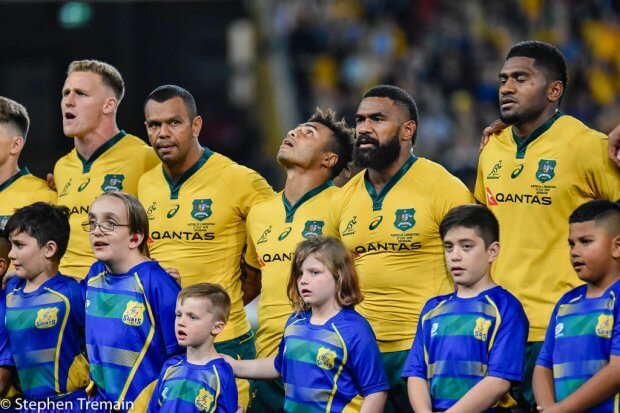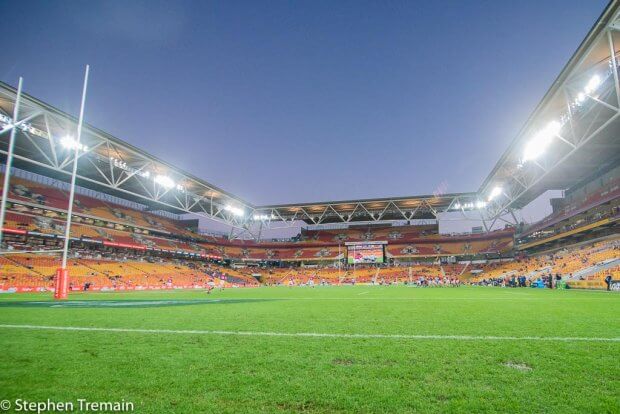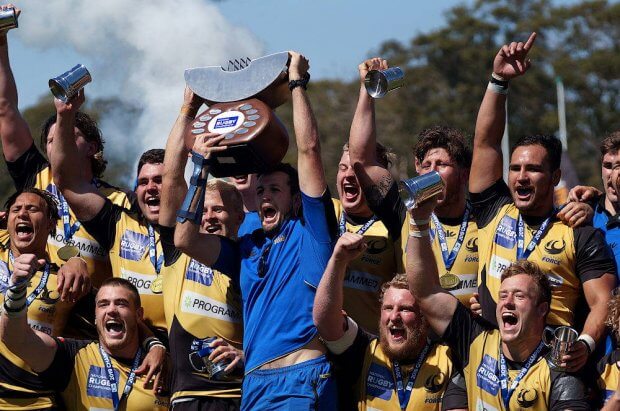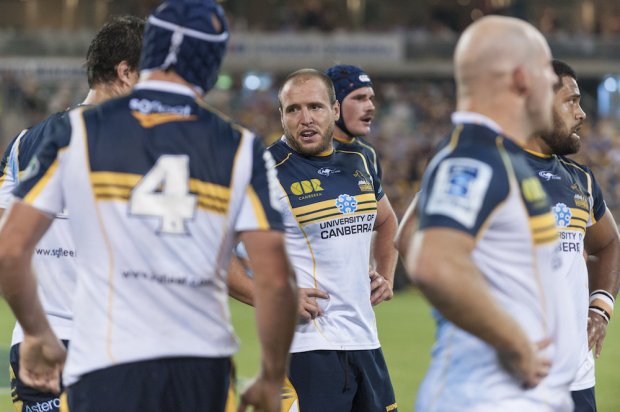What fascinating times we live in. Right now, in the time of COVID-19 and social distancing, the merit and fabric of our game, it’s management and it’s support networks have been put to the test in ways we’ve never experienced before. The result has led the public unearthing of many ugly sides to our game that have bubbled under the surface for years.
While we now seem to have some sort of guarantee for the future of the game with a new chairman in Hamish McLennan, Dave Rennie staying on, and a new Super Rugby competition set for a July kick-off, the consensus I’ve seen is that this last few months have turned a lot of people off rugby.
Watching the bickering in the public arena while nothing has been seemingly achieved to fix the issues has been a disheartening and saddening experience. It’s challenged many people on their stance on the game, and what it represents. Call this a personal view, but rugby was always, at least to me, something anyone could play. No matter your size, your background, anything, rugby has a place for you. Why is it that the values we pride so highly on the field seem to not translate to what happens off it?

In March this year, I began chatting on Twitter with 72-veteran Wallaby, highest capped Brumbies player in history, and Finska player, Ben Alexander, following the publishing of a fantastic letter where Ben began calling for a more constructive approach to be taken by the powers running the game. Following GAGR doing our Rewatch podcast series with Ben on the Wallabies victory over the All Blacks in Hong Kong in April, we began an informal letter correspondence, talking about rugby’s key issues, and what could potentially be done to change things around.
In this short series, we aim to expand on key topics around the game. Sometimes we aim for solutions, sometimes we aim to expand on why things are the way they are. Whether we agree on topics or not, the point of this correspondence is to bring differing perspectives to the table, promote discussion and tackle the problems together.
But before we began…

BA: Before I start discussing the issues, I’m curious to know what you think is THE most important issue rugby should solve first? If you could only solve one issue, which issue would it be? And why?
A wise man once told me that:
“If everything is important, then nothing is important”
Eleven Wallaby captains believe it’s ‘the Leadership of RA’ that is the most important issue. ‘How Rugby is broadcasted’ is the issue I would love to see fixed first, but if we venture off to solve ALL of the games issues, I think we may not get very far towards finding a solution.
From my time at the Brumbies under Rugby World Cup winning coach Jake White, he had a focus on “upstream issues”, and a belief other issues would “just sort themselves out” if a high order issue was resolved. This thinking, I believe, led to his constant message of “Boy….. you must dominate the set piece.” If you win the set-piece battle, you go a long way to winning the lion’s share of the territory and possession…. and therefore the game.
Of course there is more to winning a game than that, but winning the set-piece battle first always gave us the best chance of success.
In team defence reviews, Jake would bring up a clip of someone missing a tackle. He would then rewind the footage to three phases earlier, to highlight a different player out of position in the defensive line, and then continued to explain how this directly impacted the player missing the tackle.
Rarely would he single out the player for missing the tackle, but instead would highlight the lazy player who failed to get into correct defensive alignment, which to the untrained eye, would go unnoticed. Usually our focus is on what’s happening “on the ball”, that we lose sight of important issues that are happening off it.
If the Rugby public can come to a general consensus on which is the most important issue to fix first, then I think we will go a long way towards the bright future we all want for the game. If we can unite behind a solution, and let RA know “this is what we want you to fix first”, then the path forward for RA becomes clearer. The issue may be very obvious…or it may be “off the ball”.

NW: I’m loving that you have asked this question. My response makes me feel like I feel like I’m about to venture into broader topics, but I’ll try and keep it specific.
I find rugby to be such a frustrating entity off the field. It’s scattered, divided and almost always in conflict. But worst of all, it’s so at odds with the values of rugby that I was taught when I was young. On a field, everyone has a role to play, and everyone matters, no matter who you are. If you work together, bringing all your talents to bear, you will succeed.
It’s a life skill that has been proven to me many times over, both within rugby contexts and outside of it. If I nail it down to one specific thing, “everyone to be aligned” would be my response.
Whether it be formally, with a centralised system with everyone working towards the same goal of putting the best Wallaby team possible on the paddock, or informally with everyone being the entities they are but recognising that achievement and success of the game at large comes first. What matters is, as a sport, we do it together. We face the issues and challenges together, like we would as a team on the field.
I don’t want a culture where people, like those Wallaby captains, think they are the only people who can save the game, and must tear everything else down to do it. As Sir John Kirwan touched on when he compared ex-All Blacks to the ex-Wallabies, those brilliant rugby minds band together, acknowledge where the issues are, and together, find a solution. Or at the very least, raise their concerns with them directly, not in the void of the public arena. There are solutions. The fact is, we all play and love the same game. That should be enough common ground to work with.
End of Part I


